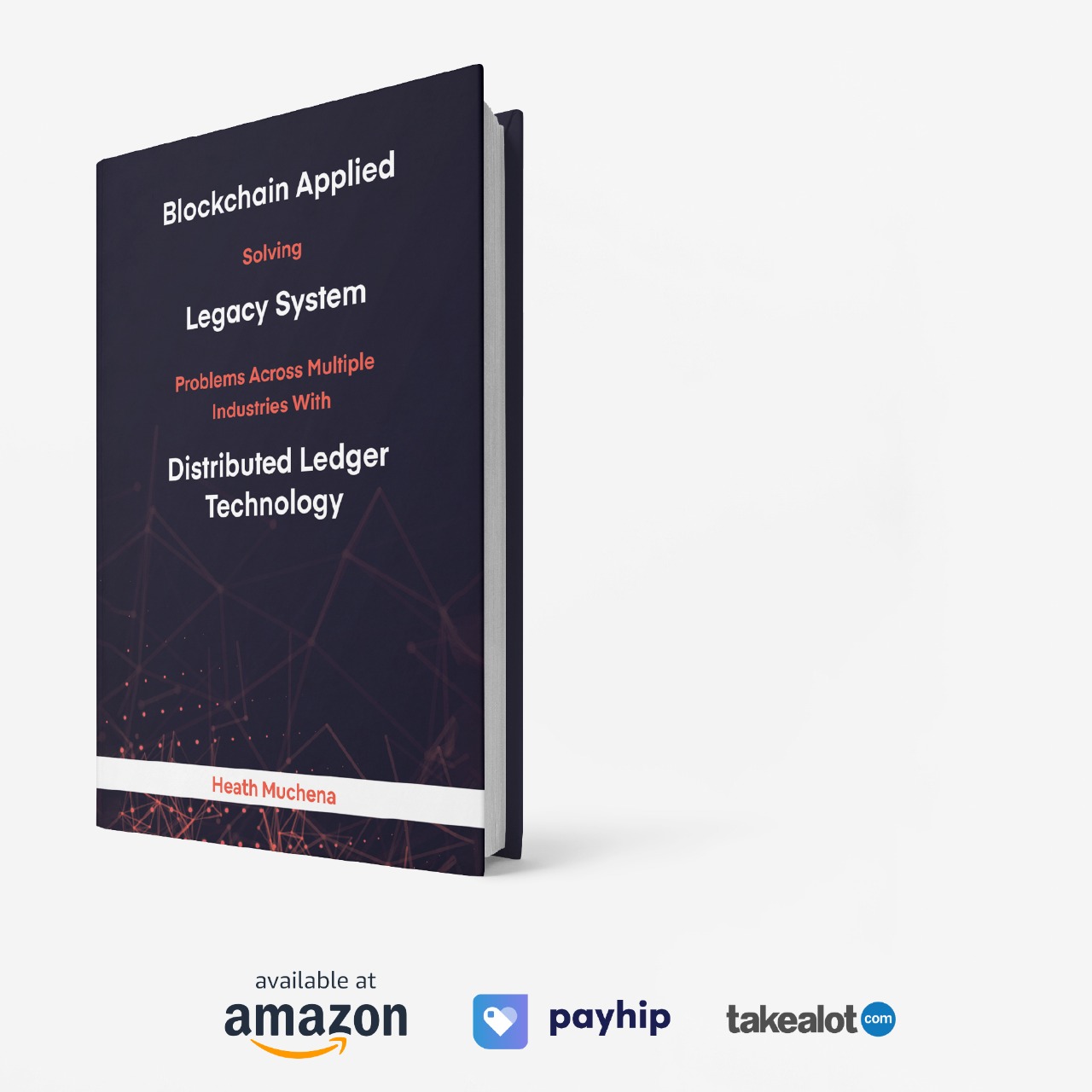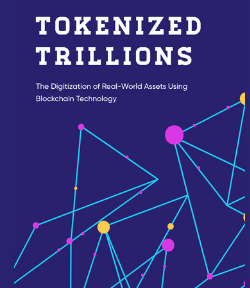
Coinbase — beginner-friendly, huge ecosystem
Clean UX, deep liquidity, broad listings, and a long compliance track record. Great for first buys, recurring purchases, and on-chain transfers to self-custody. (Reminder: only USD balances at partner banks benefit from FDIC/NCUSIF insurance; crypto does not.)
Kraken — low fees, pro tools, and (now) U.S. staking again
Kraken’s reputation for security and support is well-earned. In Jan 2025, it relaunched on-chain staking for U.S. clientsin eligible states (17 assets incl. ETH, SOL, DOT, ADA), with slashing insurance and a clear rulebook. It also added PayPal funding for U.S. customers this year.
Binance.US — back to full USD rails
After a rocky 2023–24, USD ACH deposits/withdrawals are live again, with trading on USD pairs restored. If you liked the old fee structure, it’s worth a fresh look.
Gemini — security-first, Earn saga winding down
Gemini remains a security leader (SOC examinations; institutional custody). In 2024, Earn users began receiving ~97% of assets back (in kind) after the Genesis bankruptcy process; distributions continue per court/settlement timelines.
Crypto.com — feature-rich app, CFTC-regulated U.S. derivatives
The app is loaded (spot, card, rewards, NFTs), and in the U.S. you can trade CFTC-regulated derivatives via Crypto.com | Derivatives North America directly in-app.
Bitstamp — the steady, regulated stalwart
One of the longest-running exchanges, Bitstamp holds a New York BitLicense and emphasizes transparent fees and reliability — a good “set-and-forget” venue.
Robinhood (now with Bitstamp muscle)
Robinhood closed its acquisition of Bitstamp in June 2025, combining RH’s zero-commission brand with Bitstamp’s global, institutional-grade exchange stack. Expect faster feature rollouts and broader reach.
eToro (US), bitFlyer USA
eToro (US) offers stocks/ETFs/crypto with a simple fee structure; bitFlyer USA is a minimalist, security-focused exchange with low maker/taker fees on its Lightning book.
No-KYC exchanges (crypto-only)
Who they’re for: traders who fund elsewhere, move crypto on-chain, and want fast onboarding + privacy.
Important: These platforms typically restrict U.S. persons and don’t provide USD banking. Use them as crypto-to-crypto venues, and always check current T&Cs and withdrawal caps.
-
KCEX — Email sign-up, 0% spot, 0.01% futures taker (makers 0%). Positions itself as FinCEN-registered MSB; built for speed and alt rotations. Crypto-only.
-
MEXC — No-KYC tier = up to 10 BTC/24h withdrawals (region-dependent). Huge coin list, active derivatives. OTC/fiat and higher limits need KYC.
-
Phemex — Start trading without KYC; withdrawal limit depends on KYC level (many third-party trackers cite ~2 BTC/day for no-KYC, but confirm in-app).
-
Tapbit — Derivatives-centric, easy email start; KYC not mandatory to trade, but required for higher limits and fiat.
-
Bitunix — Trading without KYC is possible, but withdrawals scale with security/KYC; without KYC+2FA you’ll hit low caps (e.g., ~$10k/day).
Practical flow many U.S. traders use: buy USD→crypto on a regulated U.S. exchange (e.g., Coinbase/Kraken/Bitstamp), self-custody, then send on-chain to a no-KYC venue for specific markets — keeping size and limits in mind.
Fast chooser (pick based on what you care about)
-
Lowest friction USD on-ramp + broad features: Coinbase, Kraken, Crypto.com (derivatives via CFTC-regulated affiliate).
-
Lowest fees / pro trading: Kraken Pro; Binance.US (now with USD ACH again).
-
Institutional-grade & longevity: Bitstamp, Gemini.
-
Zero-commission equity + growing crypto stack: Robinhood (post-Bitstamp).
-
Privacy & speed (crypto-only): KCEX, MEXC; consider Phemex/Tapbit/Bitunix for specific markets, but confirm current no-KYC caps.
What we evaluated (and how you should, too)
-
Regulatory posture & USD rails (licenses/registrations, ACH/wire/card availability).
-
Security & transparency (custody segregation, audits/attestations, incident history). Independent scorecards like CER.live can help sanity-check claims.
-
Fees & liquidity (maker/taker, spread, funding/withdrawal costs).
-
Product set (derivatives, staking eligibility, earn products, OTC, API).
-
User experience (apps, support SLAs, fiat off-ramp reliability).
U.S. tax + record-keeping (don’t skip this)
The IRS treats most crypto disposals as taxable events (capital gains); many rewards (staking/airdrops) are income when received. Keep clean logs of trades, transfers, costs, fees, and staking rewards.
Bottom line
-
Use a regulated U.S. exchange for dependable USD in/out and strong consumer protections.
-
Add a no-KYC, crypto-only venue if you value privacy or need certain markets — but expect withdrawal caps and region blocks unless you verify.
-
Wherever you trade, secure coins in self-custody if you don’t need exchange features, and keep meticulous tax records.






